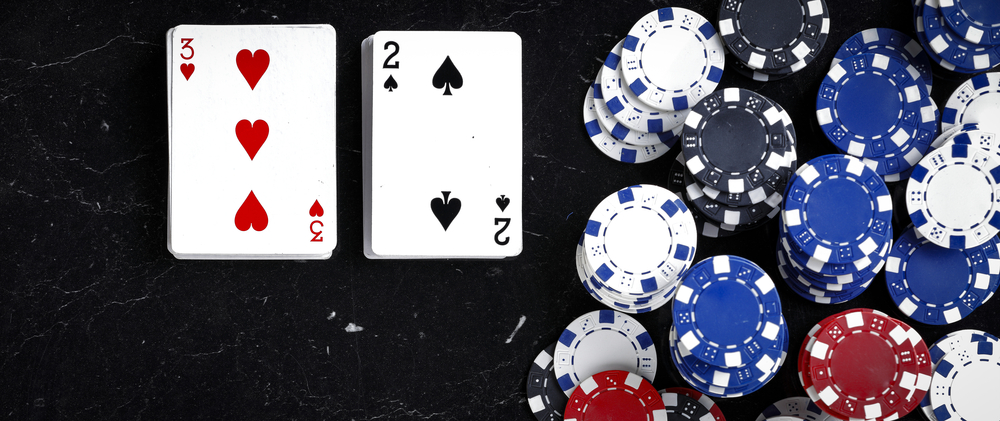Free money, free tournaments, but how about free cards in online poker?

Poker players are used to getting welcoming bonus offers from casinos and free entry to tournaments. But when it comes to giving your opponents a free card, is it really a wise move? And what’s the best free card poker strategy?
Feeling generous – or strapped for cash?
When it’s your turn to bet and you “check” when there are just two of you left in the game, you’re actually offering your opponent a free card. Whether or not that is a good thing, and how your opponents view it, can depend on your circumstances when you check.
If you’re obviously short of cash and have checked (or “passed”) then your call will very likely be interpreted as a sign of weakness. You haven’t got enough of a bankroll to play the game as you’d wish and you don’t want to fold because you think you might have the winning hand, so you check, hoping your opponent will do the same and the next card will resolve all your doubts.
Of course, your opponent may be equally short of cash, in which case you know that you are both in the same position, but are no further on until the next card is dealt.
A great way to bluff – if you have a strong hand
Because of the fact that a check can look like a weak or forced move – it’s ideal for a bluff. This can give free card poker a whole different aspect. You can use “check” to disguise the strength of your hand. This is where being short of chips can assist your gameplay. You look as though you need a cheap hand. Actually, you need to convince the other players of that – while encouraging them to stay in the game, thinking they can pick you off later. Although you know, that provided they stay in and put some real money in later, you’re going to end up with a bigger pot. And actually, you’re reserving cash for when you need it, later.
When not to check
If you think your opponent has a hand that could easily improve with another card, and could in fact beat yours, you want to take that opportunity away from them. So checking is out, if you think they’ll stay in and get a free card that could deliver a flush or run. It’s a move you only want to make if you’re confident your hand is strong enough to beat any improvement they can make with the free card. Otherwise, you’re handing them a loaded weapon to shoot you with.
This is why many online poker strategists insist that you should never, ever allow your opponent a free card. When your adversary is calculating the odds on their hand, the cheapness of the next card is a major factor. If you bet or raise, you are making the next card more expensive, with two possible consequences.
Your opponent may look at the cost of the card, compare it with the odds of holding the winning hand, and fold – this is good, in that you get the pot, but bad in that you may not have won very much, or as much as you would if you coddled them along and got them to stay in. Alternatively, your opponent may stay in – but they have paid more to stay in, so the odds on their hand have shifted, even if their next card is a good one. And if you win, obviously there is more money in the pot.
What if my opponent raises on my check?
The golden rule of free card poker strategy is that you have to raise bigger. Free card poker play can seem contradictory at first – if you wanted a free card, why are you now making it even more expensive, after the raise? But the fact is this sends a clear signal to your adversary of “game on”. No, you weren’t offering a free card out of desperation, and since the opponent doesn’t want it, you now have the opportunity to let them know that they have been forced into revealing their betting strategy and you intend to take full advantage of this.
There are many more nuances to free card poker play and once you start using “check” as a tactical weapon, you’ll be raising your game and giving your opponents much more to worry about.